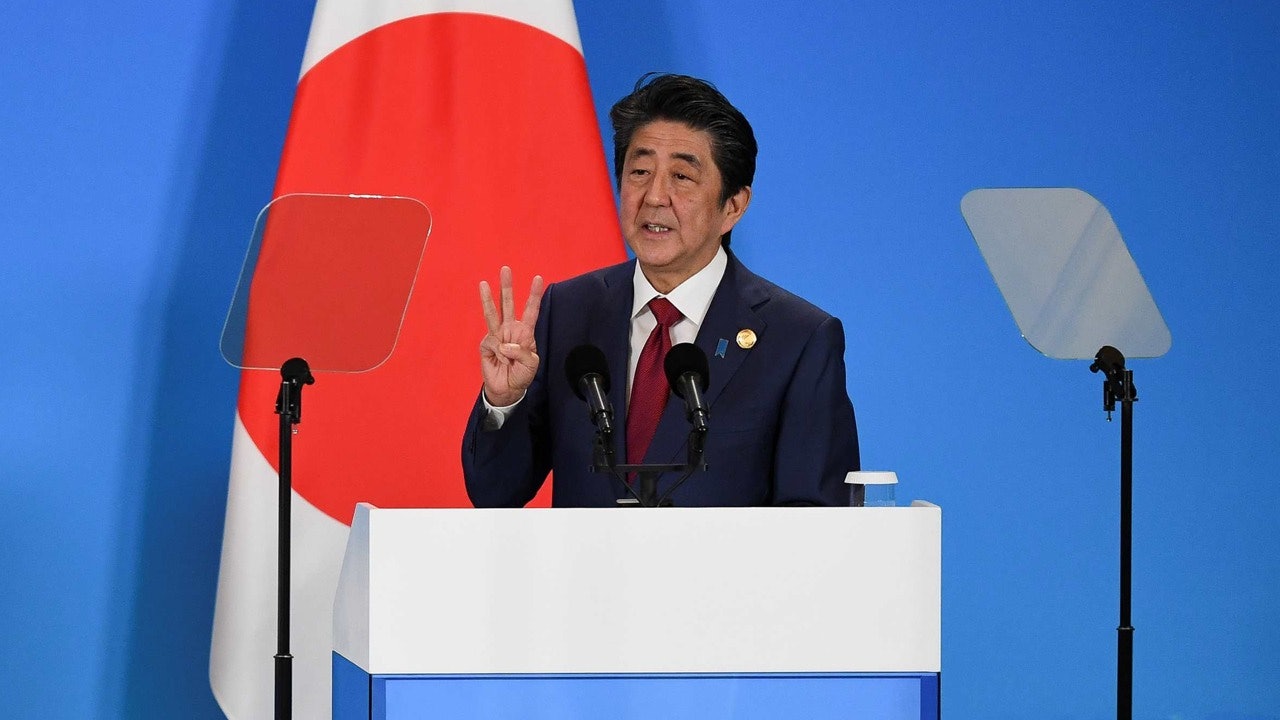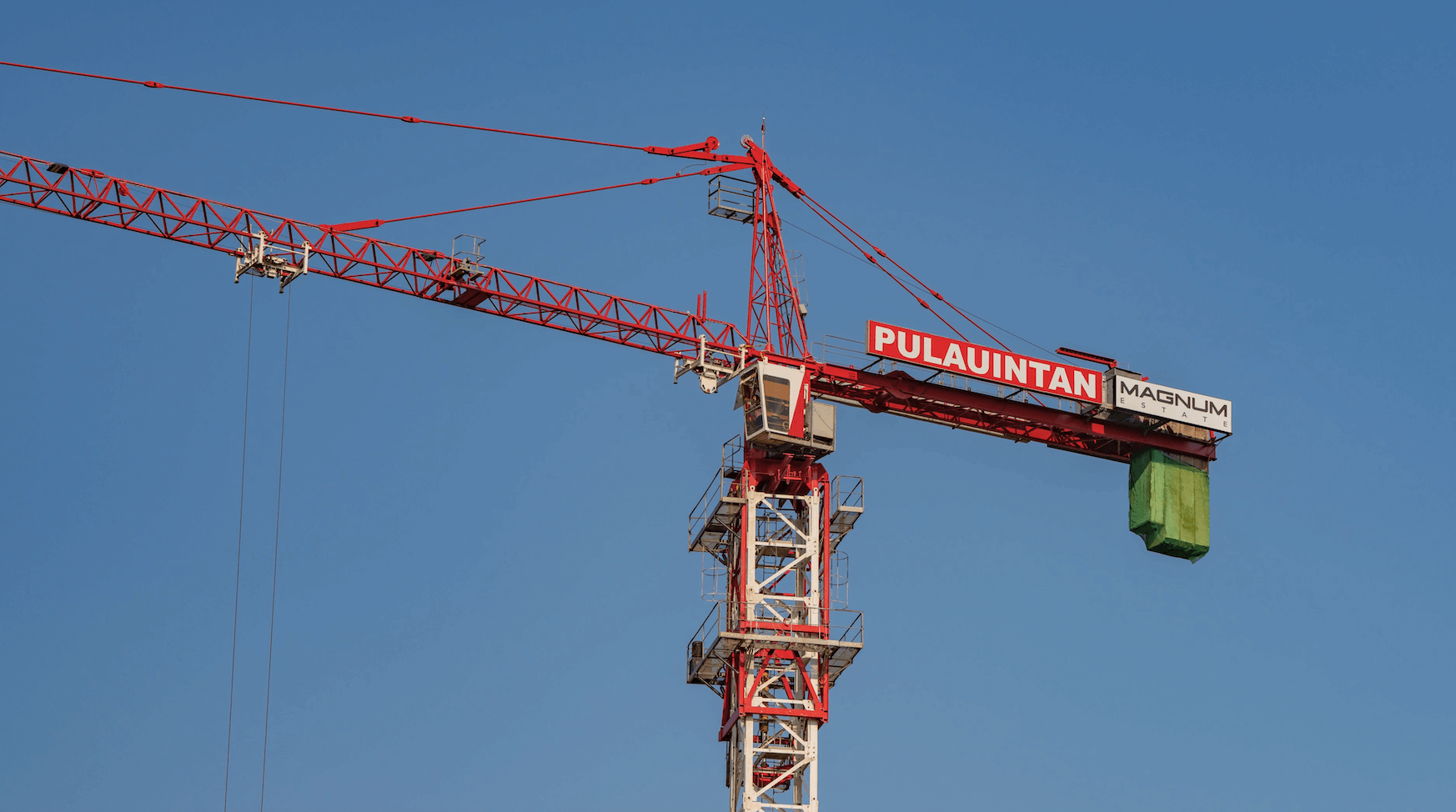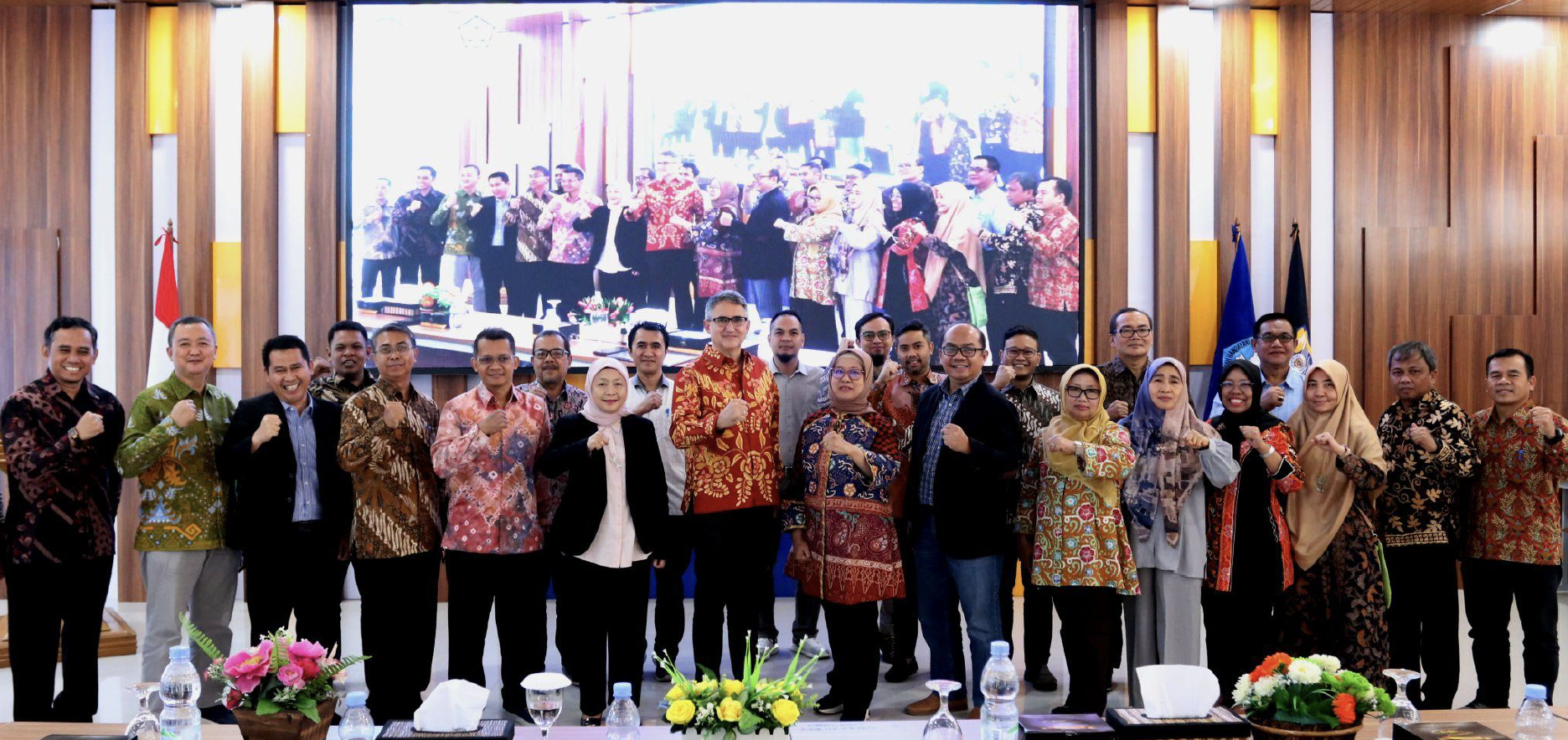Japanese Prime Minister Shinzo Abe visited China three days ago to attend the China-Japan-ROK Summit. During the visit, he met with Chinese President Xi Jinping and Chinese Prime Minister Li Keqiang. It is worth noting that during the meeting with Xi Jinping, Abe seemed to touch the red line of Chinese politics.
According to the Nihon Keizai Shimbun, during his talks with Xi Jinping, Shinzo Abe mentioned Hong Kong and Xinjiang. He expressed “very worried” about the conflict and continued chaos between Hong Kong police and marchers, and also mentioned the need for Xinjiang issues Transparent. Kyodo News Agency said that with regard to Abe’s “concerns”, Xi Jinping countered that this was a matter of China’s internal affairs.
However, the official press release of Xi Jinping’s meeting in China did not mention that any Chinese and Japanese leaders talked about Hong Kong and Xinjiang.
While inviting Xi Jinping to visit Japan and the continuous improvement of China-Japanese relations, what is the intention of Abe to talk about sensitive issues such as Hong Kong and Xinjiang? Why does China say nothing about Abe’s comments on Hong Kong and Xinjiang?
China’s Ministry of Foreign Affairs has repeatedly emphasized: “We must not tolerate outside forces interfering in the Hong Kong issue.” Xi Jinping attended a power transfer ceremony between the Chief Executive of Macao He Yicheng and his predecessor Cui Shi’an on December 20 and also said, “After the return of Hong Kong and Macao to the motherland, handling the affairs of these two special administrative regions is entirely China’s internal affairs. There is no need for any external forces to point at it. ” Abe expressed concern over the former Hong Kong and Xinjiang issues at Xi Jinping, apparently touching the red line of China’s internal affairs. Many public opinion are worried that the recovery of China-Japanese relations will cause new changes.
From the perspective of observers, Abe’s insistence on touching the red line of China’s internal affairs has two considerations.
First, this is a manifestation of the superiority of Japanese democracy. Japan has always sought to break away from Asia and enter Europe, and has always maintained a high degree of consistency with European and American countries on the issue of democracy. It will always follow European and American countries to stand at the commanding heights of democracy and judge the democratic affairs of major countries. It is particularly concerned about democracy in Asia. “. For example, Japan has always allowed the Dalai Lama, a Tibetan religious leader in exile, to visit Japan, gave several lectures in Japan, and criticized the Beijing government.
In addition, on October 30, 2019, 23 countries in the United Nations read a statement on religious human rights issues in Xinjiang, and these 23 countries included Britain, France, the United States and Japan.
Japan’s attitude towards democracy is consistent with that of the West, especially with its ally, the United States. US President Donald Trump previously signed the Hong Kong Bill of Rights and Democracy on November 27, and the House of Representatives passed the Uyghur Human Rights Policy Bill on December 3. Based on this opportunity, Abe mentioned Hong Kong and Xinjiang to Xi Jinping at this time, most likely to show Japan’s consistency with the European and American powers on the issue of democracy.
Second, this is Abe’s need to show political correctness to Japan. In fact, Abe is currently under heavy pressure in the country, and the Japanese cabinet government is also divided on China. To many conservatives, the situation in Hong Kong is still uncertain, and Beijing has not yet responded to the demands of the protesters. Coupled with Trump ’s signing of the Hong Kong Bill of Rights and Democracy and the differences between China and the United States in trade negotiations, such a background will complicate China-Japan-US relations.
In order to protect the US-Japan alliance, many conservatives have suggested that Abe withdraw his invitation to visit Xi Jinping. Kyodo News had previously revealed this news. In response to the continued turmoil in Hong Kong, conservatives in the Abe government called on Abe to reconsider Xi Jinping’s plan to visit Japan in the spring of 2020. Based on this judgment, Abe’s talk about Hong Kong and Xinjiang may also be an opportunity to show his political correctness and appease the conservatives.
Based on the analysis of the above two points, Abe’s original intention of talking about Hong Kong and Xinjiang affairs may not be to intervene in China’s internal affairs, but to show his own attitude. This is fundamentally different from the US development approach of using democracy to pressure China and suppress China.
Earlier, the Chinese government repeatedly stated that the US anti-China forces are closely linked with the extreme radical forces in Hong Kong, etc., and are the main promoters of the ongoing riots in Hong Kong. It can be seen that China’s position on the US action on the Hong Kong issue is very clear, that is, resolutely oppose it, and take steps to eliminate interference if necessary.
The United States talked about the Hong Kong and Xinjiang issues in order to suppress China. Japan is willing to improve relations with China on the premise that it has acknowledged China’s rise and acknowledged China’s great power status. China’s economic aggregate has far surpassed that of Japan. Japan is no longer a Japan that felt anxious about China ten years ago and desperately wanted to suppress China.
Japan’s thinking and thinking is how to profit from China’s development and how to survive in the China-US competition. The fundamental crux of the problem between China and Japan is historical issues, territorial disputes, and whether Japan should change its position on China and adjust Japan’s distance between China and the United States from a strategic height. Of course, Japan is very clear that tossing the Hong Kong and Xinjiang issues will not solve the problems between China and Japan.
The Beijing government may also be aware of Abe ’s purpose. From China ’s official media Xinhua News Agency ’s intention not to report on Abe ’s mention of Hong Kong and Xinjiang, it is most likely to avoid expanding the incident, causing noise, and disrupting the atmosphere of Abe ’s visit to China. The slowdown after Japan-Japan relations.











